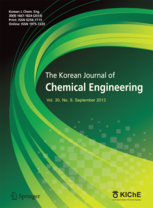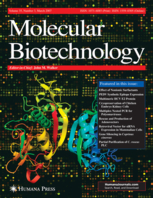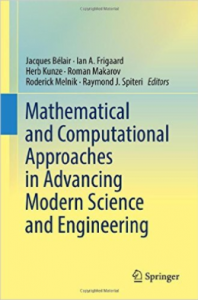The troubles continue for a bone researcher, who’s lost multiple papers in recent months due to problems ranging from data issues to including authors without their consent.
Now, journals have retracted two more papers by Yoshihiro Sato. And in a sign of the downstream effects that fraud can have, another journal has retracted two meta-analyses by other authors that cited his work.
Earlier this month, the journal Current Medical Research and Opinion retracted the two meta-analyses because they were based on recently retracted papers by Sato, affiliated with Mitate Hospital. The two new retractions of Sato’s papers are a review and a randomized controlled trial.
Sato was not an author on the meta-analyses published in 2008 and 2011; he was, however, first and lead author on all the retracted papers referenced in the notices. The notices state that the trio of authors on the meta-analyses:
Continue reading Fraud by bone researcher takes down two meta-analyses, a clinical trial, and review








 Researchers in Ireland have retracted a case study about a rare type of cancer in a child because – contrary to what they claimed in the paper – they had not obtained the necessary permission from the parents.
Researchers in Ireland have retracted a case study about a rare type of cancer in a child because – contrary to what they claimed in the paper – they had not obtained the necessary permission from the parents.